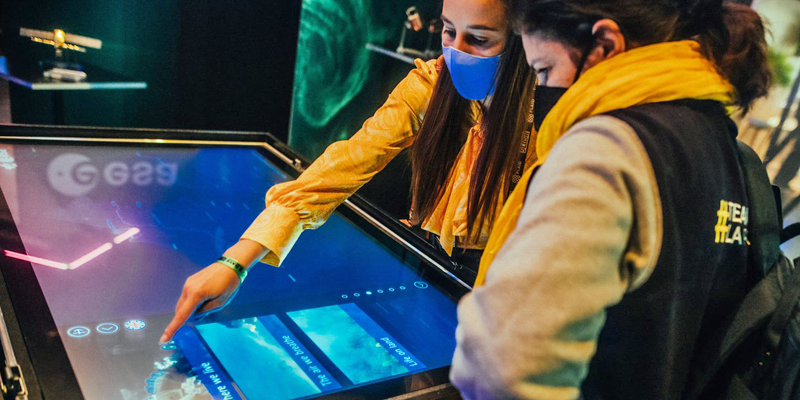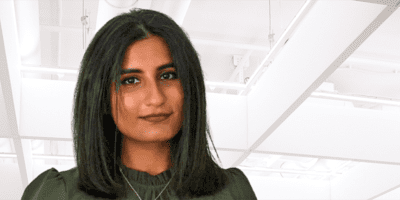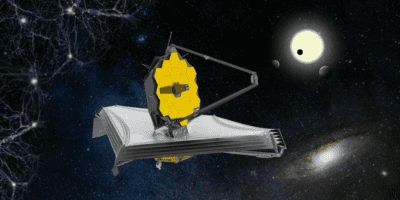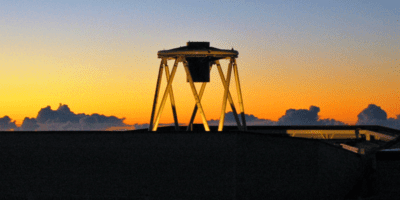Joana Kamenova is a commercialisation officer at the European Space Agency, mainly working with their Business Incubation Centres and Technology Brokers. Joana has an international relations background but changed her career path when she came across the Space for Smarter Government programme, delivered by the Satellite Applications Catapult. She has now been working in the space sector for seven years.
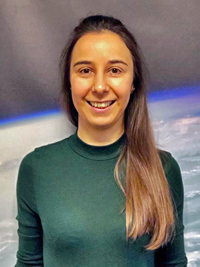
“Space is by definition ‘global’ and indeed ‘transcending earth’s boundaries’. Space ideas cannot be executed without an international approach and collaborative working, so this really pushes for an all-inclusive approach. ”
From Parliament to space
I graduated in international relations and political science at Richmond, the American International University in London, and I did my master’s in European studies at King’s College London. I was fascinated by political science, international relations theory and how this has shaped the world we live in today. The career I was pursuing after graduation was not related to space at all! In fact, I was focused on finding a place in the institutions of the European Union, of which my home country – Bulgaria – had recently become a member.

In a way, I was on a very standard pathway for an international relations graduate, until I convened one cross-party forum on the topic of space and all the emerging bills and legislations in the UK at the time. Then I thought: ‘What a cool sector to work in!’, and I started browsing the openings in the UK space sector.
To my surprise, I came across to a programme called the Space for Smarter Government Programme (SSGP) delivered by the Satellite Applications Catapult (Catapult). Discovering this intersection of government/political science and space was a revelation, and from then on, I became a space convert!

From the Catapult, I moved just across the road in Harwell Science Campus to the European Space Agency (ESA). Geographically, it was a very small move, but career-wise it was huge! I started as an outreach and business analyst and I still had a focus on downstream business applications, but this time on a European level.
In the last couple of years the scope of my work has widened significantly to include exposure not only to downstream applications but to all types of space solutions – from data analytics to building launchers, and using space technology for massage robots.
Staying at the forefront of innovation
I am currently a commercialisation officer at ESA’s newly established Directorate of Commercialisation, Industry and Procurement. My role is very dynamic and involves working with the ESA Business Incubation Centres (ESA BICs) and the ESA Technology Brokers.
The ESA BICs are the largest network of space incubators in Europe. Their main objective is to support entrepreneurs with a space-based business idea, thereby creating and growing clusters of space-related start-ups across Europe. There are 24 ESA BICs and over 1200 start-ups that have been part of the ESA BIC journey.
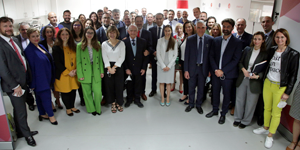
In my day-to-day work, I manage the relationship and the activities with the ESA BICs and ESA Brokers in Austria, the Czech Republic, Hungary, Greece, Poland, Romania, and the UK. This means a very vibrant interaction with different cultures and nationalities as well as staying at the forefront of innovation and witnessing the most cutting-edge ideas in the making.
Some days this would mean overseeing the contracts and reporting deliverables of the ESA BICs and ESA Brokers; other days participating in some of the events organized by the ESA BICs and ESA Brokers; others participating in the selection of new incubatees or establishing a new ESA BIC.
A key responsibility of mine is building fit-for-purpose partnerships for the benefit of the ESA BIC start-ups for further commercialising their business cases. This involves negotiating with various organisations, be it space or non-space, and getting meaningful offers and activities for the start-ups.
Less travelling but more networking
With COVID the biggest impact was, like in many other industries, the transition from physical to remote working. The biggest adaptations that we had to make with respect to the interactions with the ESA BICs is that we had to move the evaluation boards, where we meet the start-ups, online and we missed the face-to-face interaction. For example, pre-COVID I was travelling almost every two weeks to visit our local delivery partners and participate in events.
COVID in a way was also an opportunity to get closer to our network of ESA BICs and ESA Brokers as we created a monthly e-get-together meeting where until today we are exchanging best practices and advice on space-related and commercialisation related topics.
The space sector is opening its doors wider
Diversity of thought is of paramount importance to any industry. It is only through diversity that we can see different points of view and reach different solutions, especially when it comes to tackling complex global challenges, such as humanitarian crises, climate change and world poverty.
Space is by definition ‘global’ and indeed ‘transcending earth’s boundaries’. Space ideas cannot be executed without an international approach and collaborative working, so this really pushes for an all-inclusive approach. For example, if you are designing a solution using satellite earth observation data to solve challenges with land ownership and poverty, one cannot exclude at the end of the chain those who own the land and therefore encounter the challenge.
The space sector is historically populated with engineering mindsets but this is changing rapidly with all backgrounds and all ages entering the sector: political science, business administration, finance, art… I am quite fortunate that my manager is a great advocate and enabler of this type of movement, also pushing the boundaries by engaging in initiatives such as the CEMS – the global alliance of leading business schools for two decades.
I also like to participate in hackathons and different initiatives that drive engagement with students and open the doors to the space sector even wider.
Opportunities in the space sector for girls
My advice to girls and women of all walks of life and all backgrounds who are interested in careers in the space sector is to just go for it! The most sought-after profiles now are diverse profiles that could bring transformational ideas – the ones not in the space sector!
A good way to start is to look at the ESA career’s website – there are many entry positions such as the ‘young graduate trainee’ positions and the ‘junior professional’ positions that do not rely on the traditional engineering background.
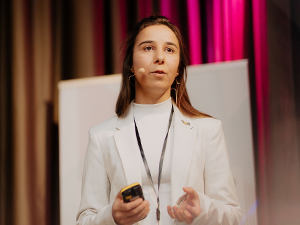
Attending various networking events and joining communities such as the Women+ in Geospatial is a great way to build personal and professional confidence and find an inroad into the space sector.
Watch this space!
I am now in the swing of crafting solutions to do my bit to deliver ESA’s Agenda 2025 and to grow Europe’s role in the space economy, whether it’s by establishing new ESA BICs, accelerating the growth of the ESA BIC start-ups, transforming ESA from within or cooking up some completely new initiatives to roll across Europe (watch this space!).

